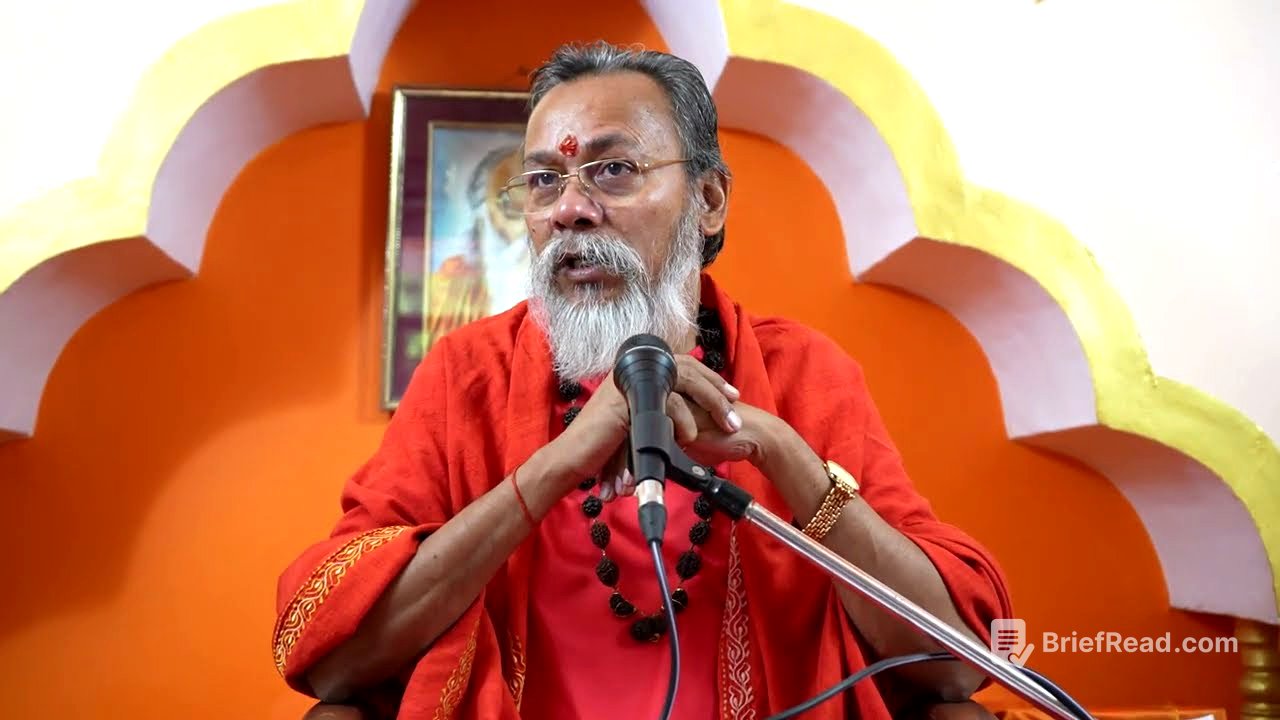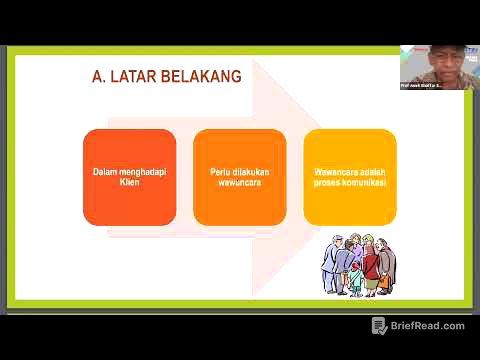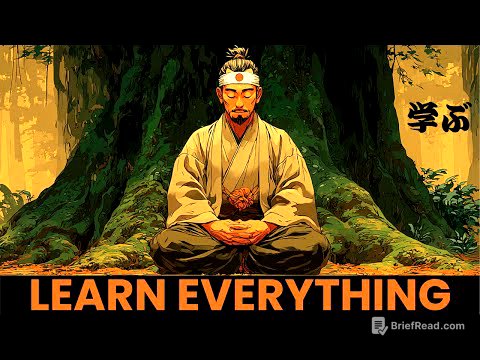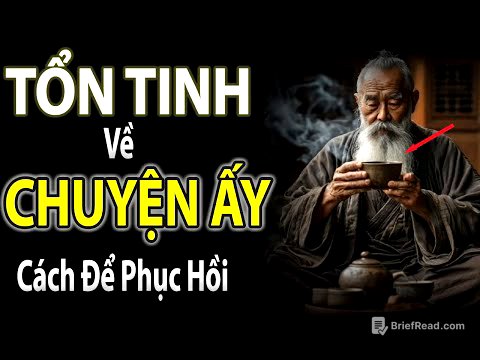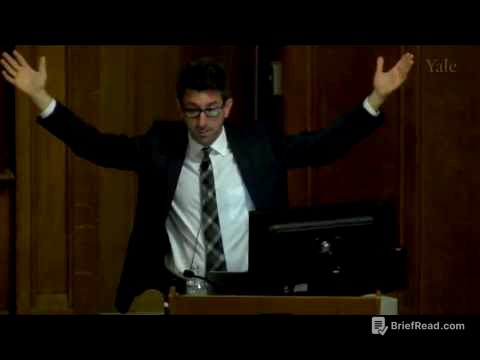TLDR;
This video provides an overview of the ten principal Upanishads, their associated Vedas, and their significance in self-study. It also explains the importance of auspicious beginnings with the chanting of "Om" and the Shanti Mantra, emphasizing listening to good, performing rituals, maintaining health, and dedicating life to noble causes. The discourse further touches on creating favorable circumstances through devotion and seeking divine grace, as well as the role of knowledge, detachment, and the guidance of a Guru in spiritual growth.
- Overview of the ten principal Upanishads and their significance.
- Importance of auspicious beginnings with "Om" and the Shanti Mantra.
- Emphasis on listening to good, performing rituals, and dedicating life to noble causes.
- Creating favorable circumstances through devotion and seeking divine grace.
- Role of knowledge, detachment, and guidance of a Guru in spiritual growth.
Introduction to the Upanishads [0:08]
The video begins by listing the ten Upanishads that are studied in self-study: one from the Rigveda (Atri Upanishad), two from the Samveda (Keno Upanishad and Chag Upanishad), four from the Yajurveda (Ivas Upanishad, Dharanya Upanishad, Taitra Upanishad, and Katho Upanishad), and three from the Atharvaveda (Mantro Upanishad, Mundak Upanishad, and Prashna Upanishad). The speaker notes that the Prashna Upanishad expands on the principles of the Mundak Upanishad, and traditionally, Acharyas teach either Prashna first or Mundak first, depending on their teaching style.
The Significance of "Om" and the Shanti Mantra [2:47]
The speaker explains the importance of starting with "Om," which is considered auspicious as it was the first word uttered by Brahma. The Shanti Mantra, "Om Bhadra Karane Bhi Shyam Devah," is a prayer to the worshipable deity, asking to hear only good and beneficial things. It emphasizes the importance of performing rituals based on what is heard and seeing only welfare, especially during Yagya (rituals). The speaker also highlights the need to praise the divine with healthy limbs and a subtle body, dedicating one's life to the benefit of the gods.
Living a Life of Purpose and the Role of the Universe [9:40]
The discourse emphasizes investing one's life in noble works for the benefit of the Gods and society. It contrasts this with living a life driven by selfishness, where one can only expect the fruits of their hard work without the blessings of the universe. The speaker suggests that dedicating oneself to the entire society leads to respect and care from the entire nature.
Seeking Divine Grace and Creating Favorable Circumstances [14:29]
The speaker introduces a prayer to Indra, the king of gods, asking for favorable circumstances that engage the mind in meditation and self-study. He contrasts this with the human tendency to spend life creating favorable conditions, which are never fully achieved. The prayer seeks divine intervention to create an environment conducive to spiritual practice.
The Nourishment of Pusha and the Witness of the Sun God [19:30]
The speaker discusses Pusha, the deity who nourishes everyone, symbolized by the Sun God. He explains that the Sun God provides life force and energy, and is a witness to all thoughts and actions. The Sun God, who never sets, is considered a constant witness, and the speaker prays for the power of knowledge within to be beneficial.
The Destroyer of Sorrows and the Guidance of Brihaspati [24:54]
The speaker introduces Taar, or Garuda, who destroys snakes (sorrows) and is associated with Arishta Nemi, the destroyer of evil. He prays for Garuda to bless him and ensure that all knowledge is in accordance with the scriptures. The speaker then invokes Brihaspati, the Guru of the Gods, to lead both the speaker and the listener on the path of welfare.
Commentary on Prashna Upanishad and Brahma Vidya [31:26]
The speaker transitions to a commentary on the Prashna Upanishad, explaining that it expands on the teachings of the Mundak Upanishad. He describes how six sages approach Guru Pipalada with questions, and through these questions, the meaning of the Mundak Upanishad is explained in detail. The commentary covers topics such as detachment, karma, worship, the form of God, and the origin of the universe.
The Praise of Brahma Vidya and the Importance of Celibacy [40:17]
The speaker emphasizes the importance of celibacy, faith, and tapasya (penance) for attaining Brahma Vidya. He recounts how even knowledgeable sages were asked to practice for a year before receiving this knowledge. The speaker cautions against imparting this knowledge to just anyone, highlighting that it should be reserved for those who are truly dedicated and have the necessary means. The video concludes with the chanting of "Om Purna Mad Purna Madam," invoking peace and offering salutations to the Guru.
